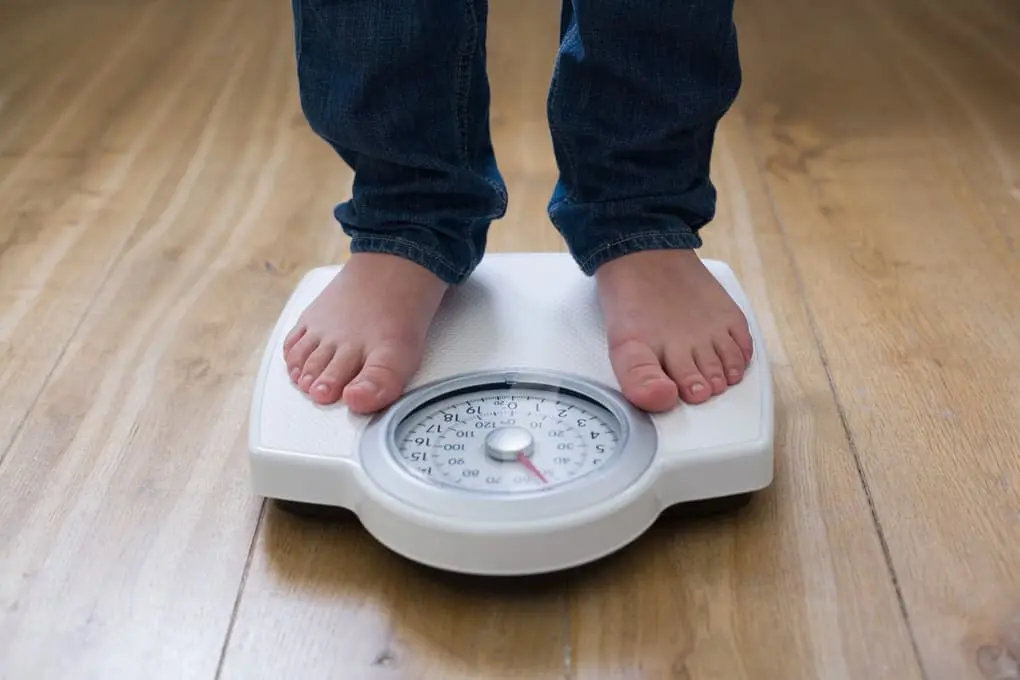Contents
- 10 Decreased concentration and memory
- 9. Went from one drink at lunch to three
- 8. Body weight changes
- 7. Chronic fatigue and weakness
- 6. Difficulty accepting praise and goodwill gestures
- 5. Laughing and crying from time to time for no particular reason
- 4. Low self-esteem and guilt
- 3. Inability to focus
- 2. Lack of joy in usual activities
- 1. You don’t feel anything
Depression is a disease that drains the soul and damages the mind. A person covered by blues and despondency cannot adequately perceive the surrounding reality. Psychiatrists say that people suffering from depression look at everything as if through a dirty glass, so they unwittingly betray a negative connotation to any event or phenomenon.
A person who is a prisoner of this disease usually does not find the strength in himself to admit his condition to others, and even more so – to ask them for help. Therefore, it is very important when the first signs of depression appear in your loved one, not to ignore them, but to insist on seeking help from a specialist. After all, the more advanced the disease is, the more difficult it is to treat.
Here are 10 pathological signs that will help you suspect depression in yourself or your loved one.
10 Decreased concentration and memory

We all get scattered from time to time. What can we say about people who, due to depression, cannot be fully responsible either for their actions or for their words. If a person constantly forgets some important information for himself, often asks you something during a conversation, quickly gets tired of intensive intellectual work, then most likely he is in the grip of depressive thoughts.
9. Went from one drink at lunch to three

Unfortunately, so many people who suffer from depression tend to look for the easiest way to treat it. This, of course, is about a short-term increase in mood with the help of alcohol. However, embarking on this path, it is better to keep in mind that when the situation is already critical, and he will be forced to ask for specialized help, “alcoholism” or “liver cirrhosis” will join the diagnosis of “depression” in the outpatient chart.
8. Body weight changes

Someone “drinks down” depression, while someone prefers to “eat” it. This disease is characterized by an acute deficit of positive emotions, and food (especially sweets) is an easy way to get your portion of endorphins. In addition, during depression, a person suffers from chronic fatigue, so there can be no talk of any sports or outdoor activities. In total, we get overweight, and in especially difficult cases – obesity, which aggravate the primary diagnosis, because a person with overweight decreases self-esteem, and this worsens his mood, from which he starts eating again. It turns out a vicious circle, from which only a psychoanalyst will help to get out.
7. Chronic fatigue and weakness

It is very difficult for a person who is tormented by depressive thoughts to find motivation for any of his actions. Life seems meaningless, and all aspirations seem fruitless. Therefore, work or just minimal activity is perceived as a duty. In addition, for many people suffering from depression, all vital signs are reduced – hence the lack of energy to perform basic tasks.
It may seem to others that elementary laziness is to blame, but this is not so. A depressed person can get very tired even from the easiest work.
6. Difficulty accepting praise and goodwill gestures

As already mentioned, during depression, a person perceives any information through the prism of negativity and distrust. Therefore, it is so difficult for him to believe in the veracity of kind words about himself, even if they are absolutely sincere. If one of the close people provides a valuable service, then such a gesture is taken for granted or as a manifestation of compassion, which can hit the patient’s pride.
5. Laughing and crying from time to time for no particular reason

Depression is characterized by a shift in the emotional balance and a violation of the adequate ratio of the behavioral response to its stimulus. This means that a person in this state can react very dramatically to not very significant bad news, but really bad news can be perceived outwardly with absolutely indifference.
This form of depressive disorder is in many ways similar to another neurological disease – alexithymia, the essence of which is a violation of the process of determining one’s own emotions and the emotions of those around them.
4. Low self-esteem and guilt

Cube complexes and an obsessive sense of guilt towards the whole world are also considered typical symptoms of depression. People with this disorder tend to focus on their past mistakes. They can also set themselves inflated or obviously impossible goals, and then revel in self-flagellation for a long time.
3. Inability to focus

Each of us likes to “fly in the clouds” from time to time, but a depressed person loses control of his will to some extent. Therefore, on this basis, they may have minor or major troubles associated with the inability to fully concentrate on any task. They begin to have difficulties at work, in communicating with loved ones, and even in solving the usual everyday issues, they may show incompetence that was not characteristic of them before.
Such a symptom has quite vivid external manifestations, which should become a signal for the people around the sick person to provide him with immediate assistance.
2. Lack of joy in usual activities

A complete lack of interest in social life and communication with friends is another pathological sign characteristic of depression. In psychiatry, this disorder is called anhedonia. Usually this symptom occurs in the initial stages of depression, so when it appears, you need to convince a person close to you to seek the advice of a psychoanalyst.
1. You don’t feel anything

Sometimes the subconscious of a person who is constantly tormented by gloomy thoughts finds a peculiar solution to the problem – it begins to block absolutely all emotions. As a result, a depressed person begins to suffer from a complete loss of feelings. Because of this, he may have problems communicating with friends and colleagues, who most often regard the behavior of their loved one as a manifestation of indifference and alienation. From what they themselves begin to move away, not realizing that by doing so they reduce his chances of a full recovery.










